 |
 |
| |
| |
| From Data to Dreams: How Generative AI Can Ensure Sustainable Farming, Improved Yields |
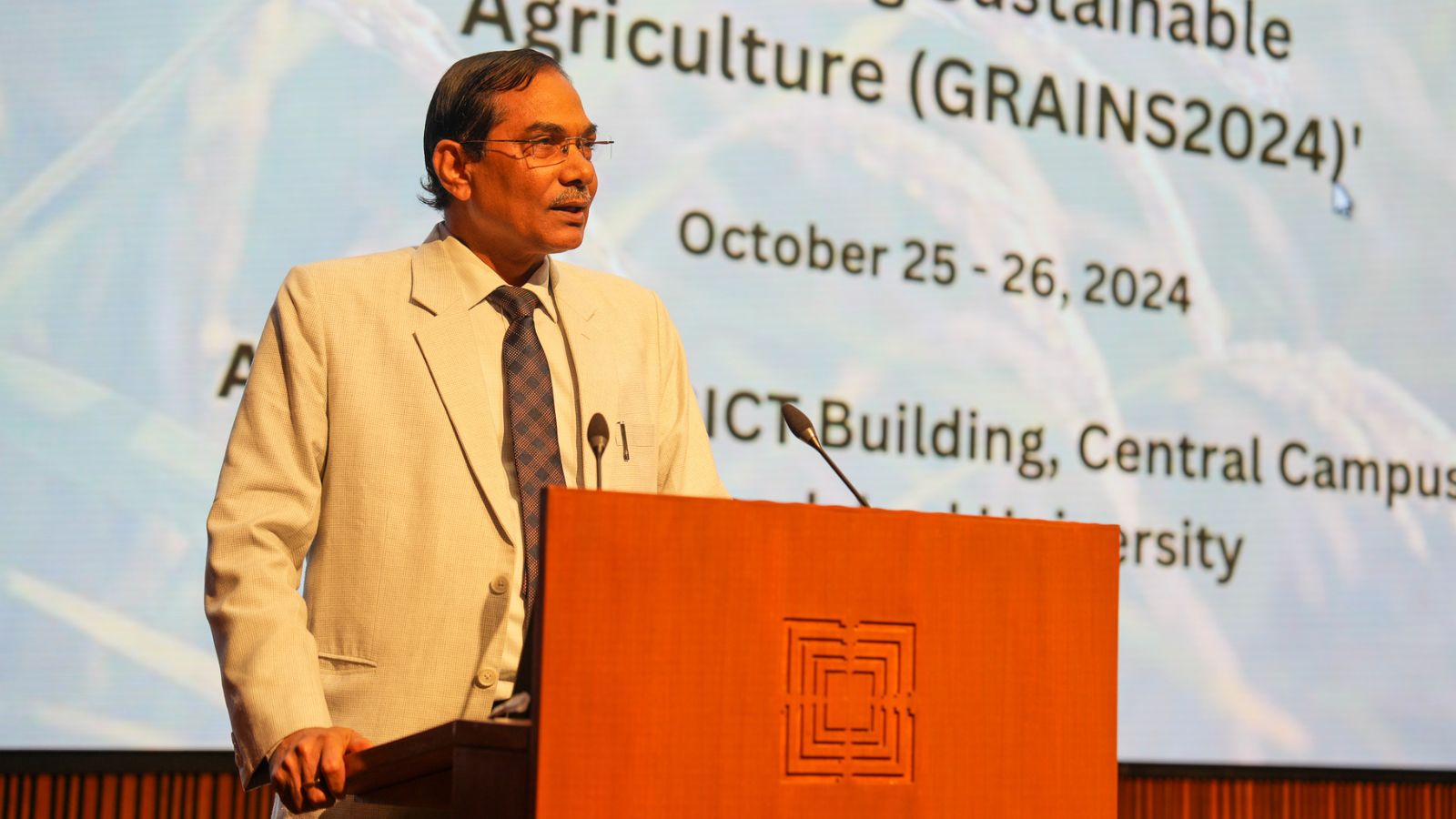 |
Generative AI is transforming global agriculture, including India's agri-tech market valued at USD 204 million. However, smallholder farmers face challenges like climate change, financial constraints, and limited infrastructure. Experts emphasise that these challenges could be addressed by achieving agricultural sustainability, which requires balancing three key elements: environmental sustainability, economic viability, and social equity. However, past interventions focussed on a single pillar, disrupting this balance. At a recent conference at Ahmedabad University, experts discussed how Generative AI can help achieve this balance, paving the way for comprehensive agricultural sustainability.
Read More > |
| |
| |
| |
| Gold Nanoparticles Signify a Potential Approach for Leishmaniasis Treatment |
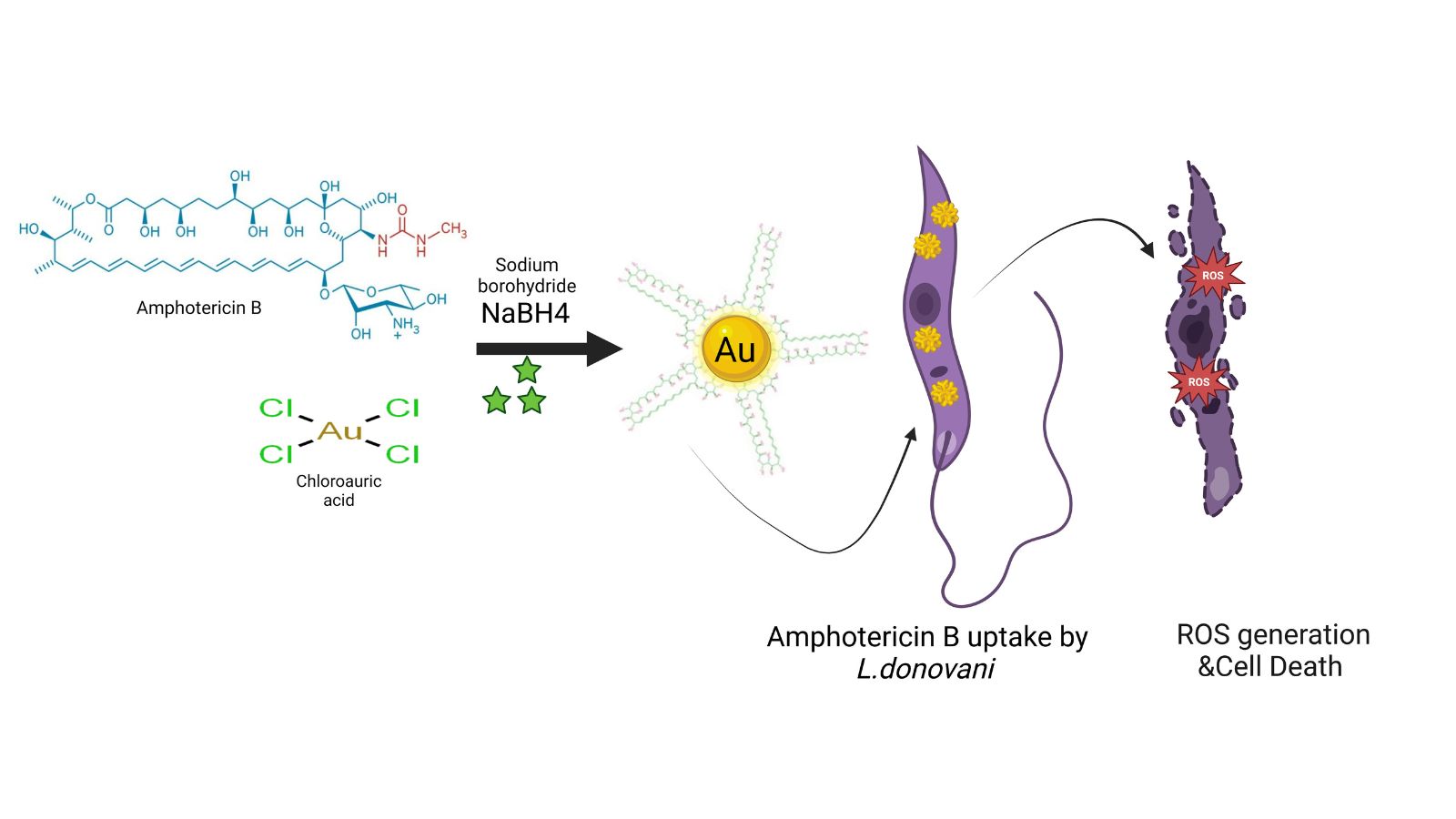 |
Leishmaniasis, a disease caused by a parasite called Leishmania, occurs in different forms, with the most severe being visceral leishmaniasis (VL). Mainly found in tropical and subtropical areas, VL primarily affects people living in poverty and spreads through the bite of infected female sandflies. Current treatments have been largely ineffective as they are often accompanied by side effects. Ahmedabad University Professor Souvik Sengupta's research aims to improve outcomes in this area by developing gold nanoparticles coated with citrate and combined with Amphotericin B. This new formulation works against the parasite by interfering with the enzyme that the parasite needs for its existence, thereby reducing its survival rate.
Read More > |
| |
| |
| Ahmedabad Doctoral Student’s Study Reveals Chromides’ Reliance on Visual Cues for Joining Social Groups |
Animals form groups based on dynamic cost-to-benefit ratios influenced by varying environmental and ecological conditions. Ahmedabad University’s doctoral student, Chena Desai's study highlighted key findings on the social preferences of young green chromides, a cichlid species in Asia and understudied in the field. Conducted with an Ahmedabad University professor, the research reveals that chromides prefer associating with their own species of similar size and in larger groups and use visual cues to make social choices, offering new insights into their group behaviour.
Read More > |
 |
|
| |
| |
| |
| Engineering a Nation: Taking Cues from the Life of Sir Mokshagundam Visvesvaraya |
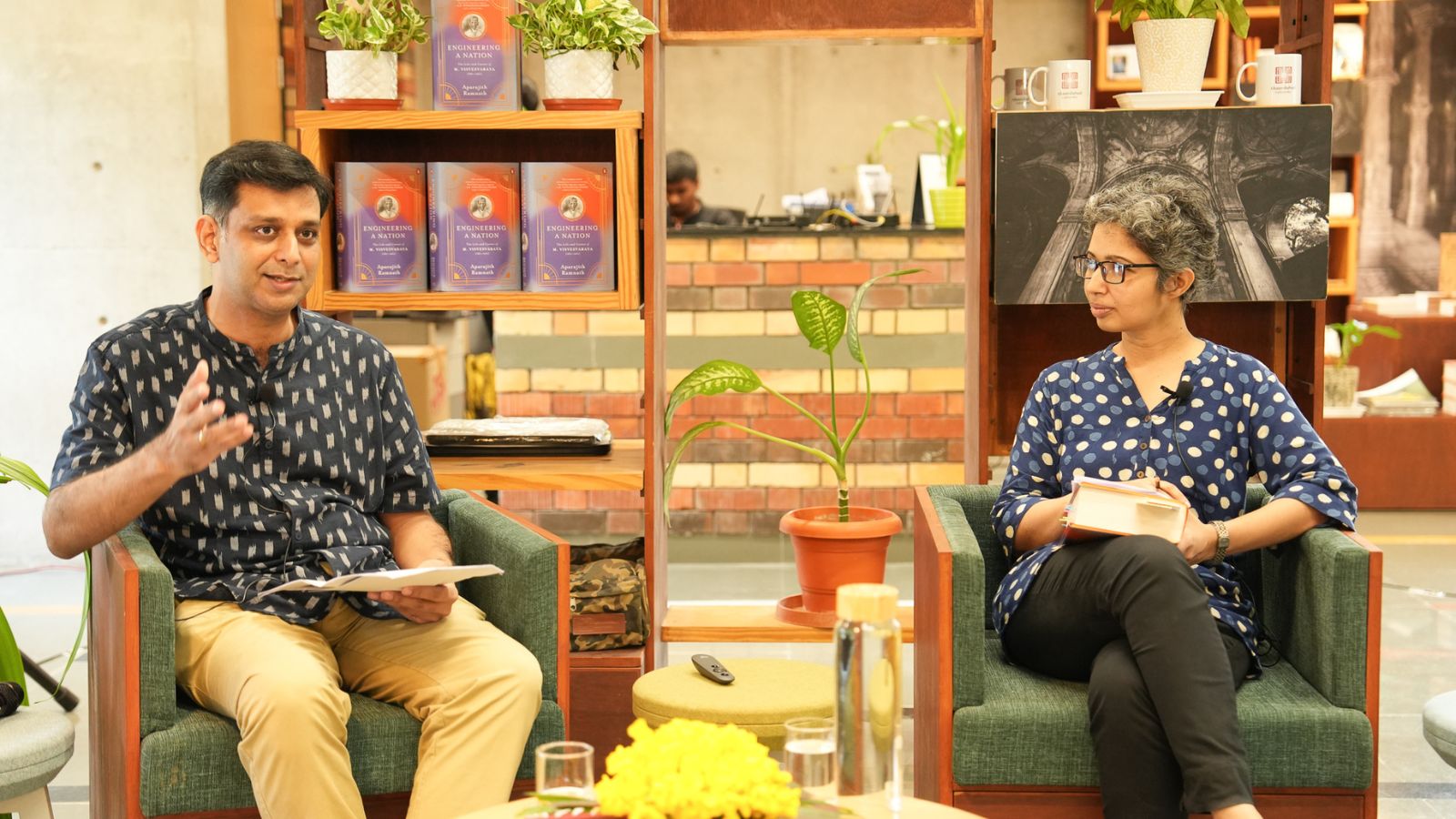 |
How did a figure like Sir Mokshagundam Visvesvaraya—an Indian civil engineer, administrator, and statesman—become so prominent in the realm of science that his birthday is now celebrated as Engineer's Day? Despite the presence of other prominent engineers before, during, and after his time, how did he emerge as a more influential figure than his peers and compatriots? Ahmedabad University Professor Aparajith Ramnath does a deep dive into Visvesvaraya's life, challenging the one-dimensional view that it was shaped by his achievements. In his recent book, he also delves into the details of Visvesvaraya's career, exploring the aptitudes and experiences that made him an exceptional individual while contextualising his work within the broader historical and social issues of his time.
Read More > |
| |
| |
| |
| India isn’t a Land of Many Cultures; It is One with Myriad Cultural Expressions |
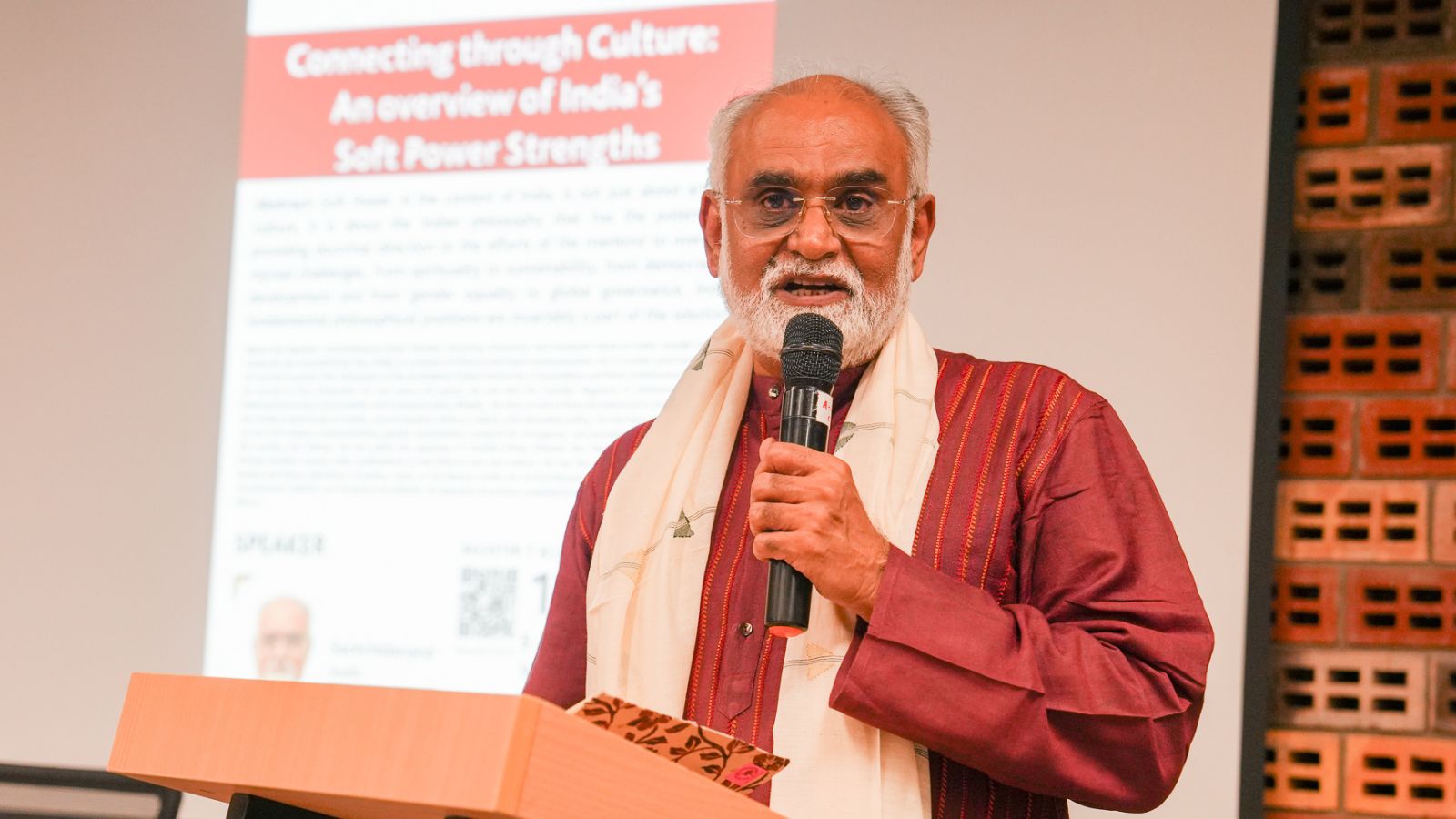 |
Using attraction and gentle persuasion, and leveraging philosophical ideas, culture, and values, soft power can create a conducive environment for effectively solving problems. Speaking at Ahmedabad University, Sachchidanand Joshi, Executive Academic Head of the Indira Gandhi National Centre for the Arts, stressed the problem-solving role of soft power. He emphasised the potential of India's rich philosophical heritage to address pressing global challenges of gender equality and efficient governance, among others. The solutions for many contemporary issues can be found in our history and the innate wisdom of our cultural roots, said Mr Joshi. This message is at the core of the collaboration between Ahmedabad University and IGNCA, which seeks to integrate heritage management into modern education, offering a unique platform to bridge historical knowledge with contemporary challenges.
Read More > |
| |
| |
| Ahmedabad University is a leading private, non-profit research university in India offering students a liberal education focused on interdisciplinary learning, practice orientation, and research thinking. Established in 2009, the University has four Schools and nine Centres: |
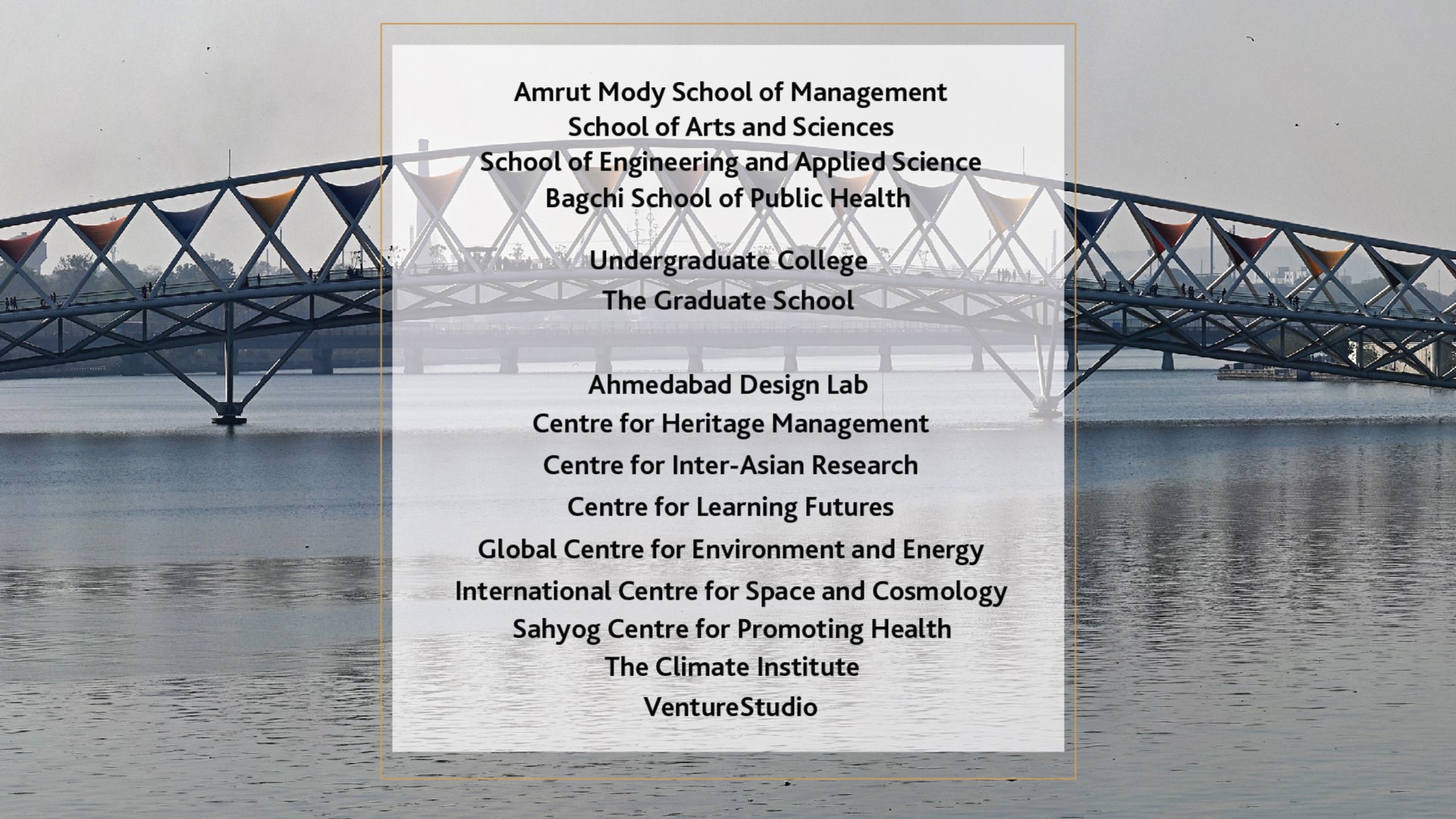 |
|
|
|
|
|
|
|
|
|